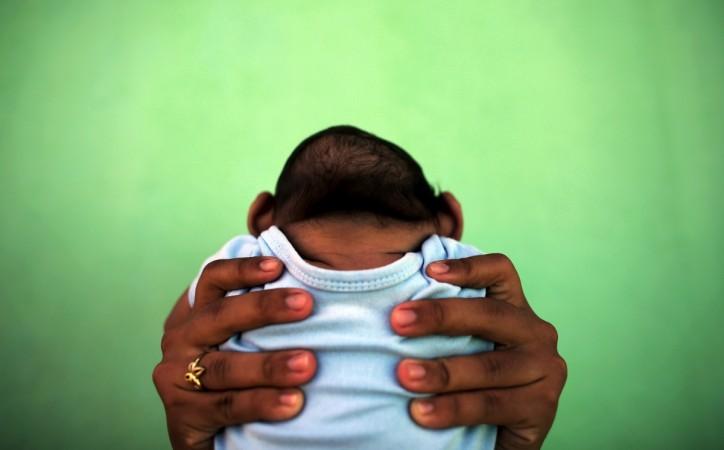
The mosquito-borne Zika virus is no longer an international public health emergency, the World Health Organization has declared.
The virus is, however, still harmful and capable of causing severe neurological disorders and microcephaly or abnormal smallness of the head in infants born to infected mothers, officials were quoted as saying by the Guardian. The WHO is planning to come up with a long-term solution to curb this virus.
Officials from the WHO figured out that the UN didn't aim at downgrading this threatening virus which has spread to around 30 countries. Sustained research needs to be conducted for better understanding of the unknown aspects.
"It is a significant and enduring public health challenge, but it no longer represents an emergency," Dr David Heymann, who heads the WHO emergency committee on Zika, said after the panel met for the fifth time this year. "There was no downgrading of this," he added.
Suggestions made in recent months were now being "internalized" at the Geneva-based agency, Heymann said.
"If anything, this has been escalated in importance by becoming activities that will be continued in the long-term in the World Health Organization," Heymann was quoted as saying by the Guardian.
Apart from mosquito bites, the Zika virus can spread through unprotected sex too. This virus doesn't necessarily affect the infected person seriously; it can cause joint pain and rash with mild sickness and fever.
The US Centers for Disease Control and Prevention (CDC) responded to this announcement by WHO and restated that pregnant women should avoid going to places affected by the virus.
"The new phase of fighting the virus requires development donors to step up to the plate and see this for what it is, which is a long-term problem that the world will have to deal with for many years to come," Dr Peter Salama, WHO's director of emergencies said.












